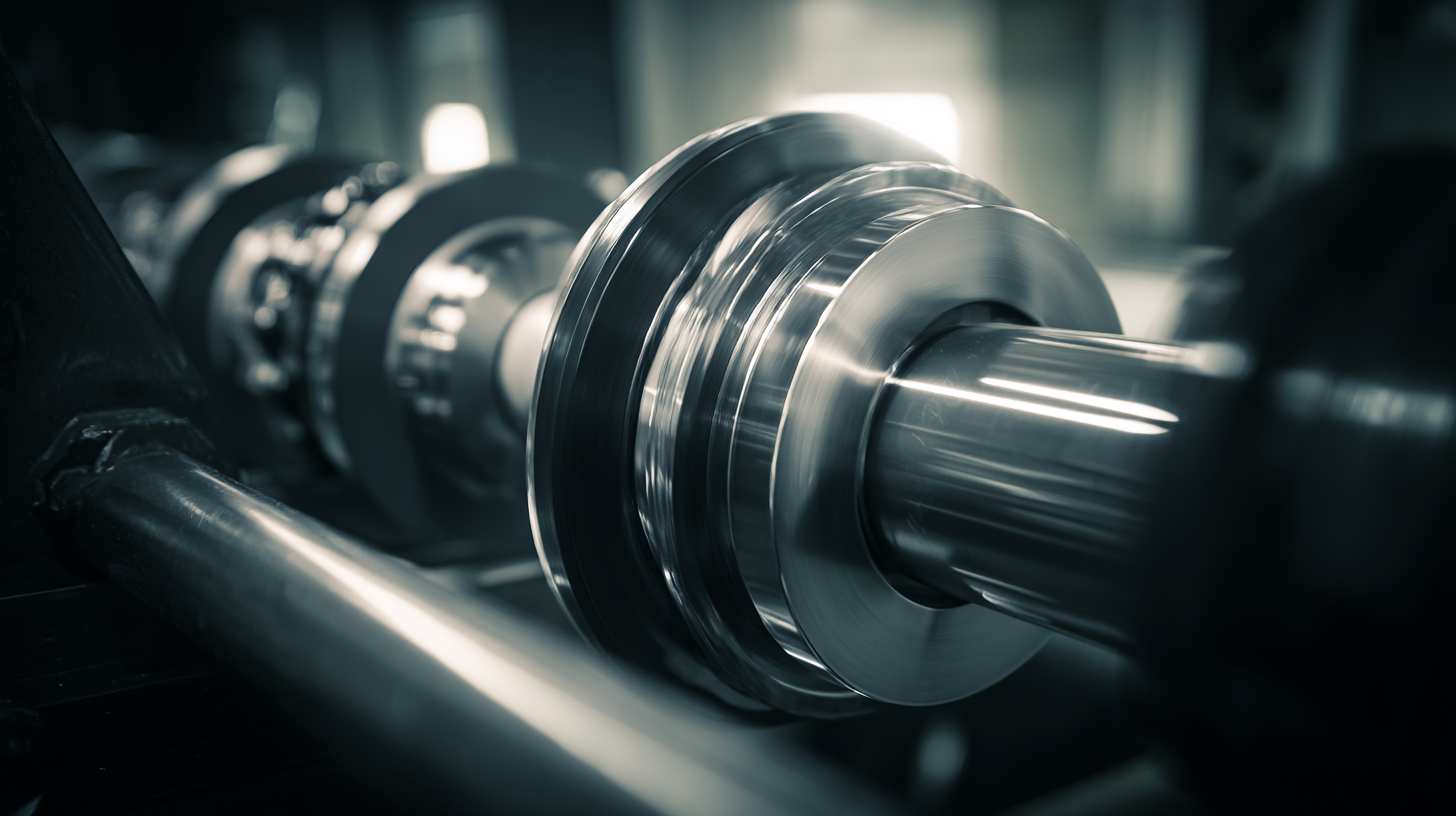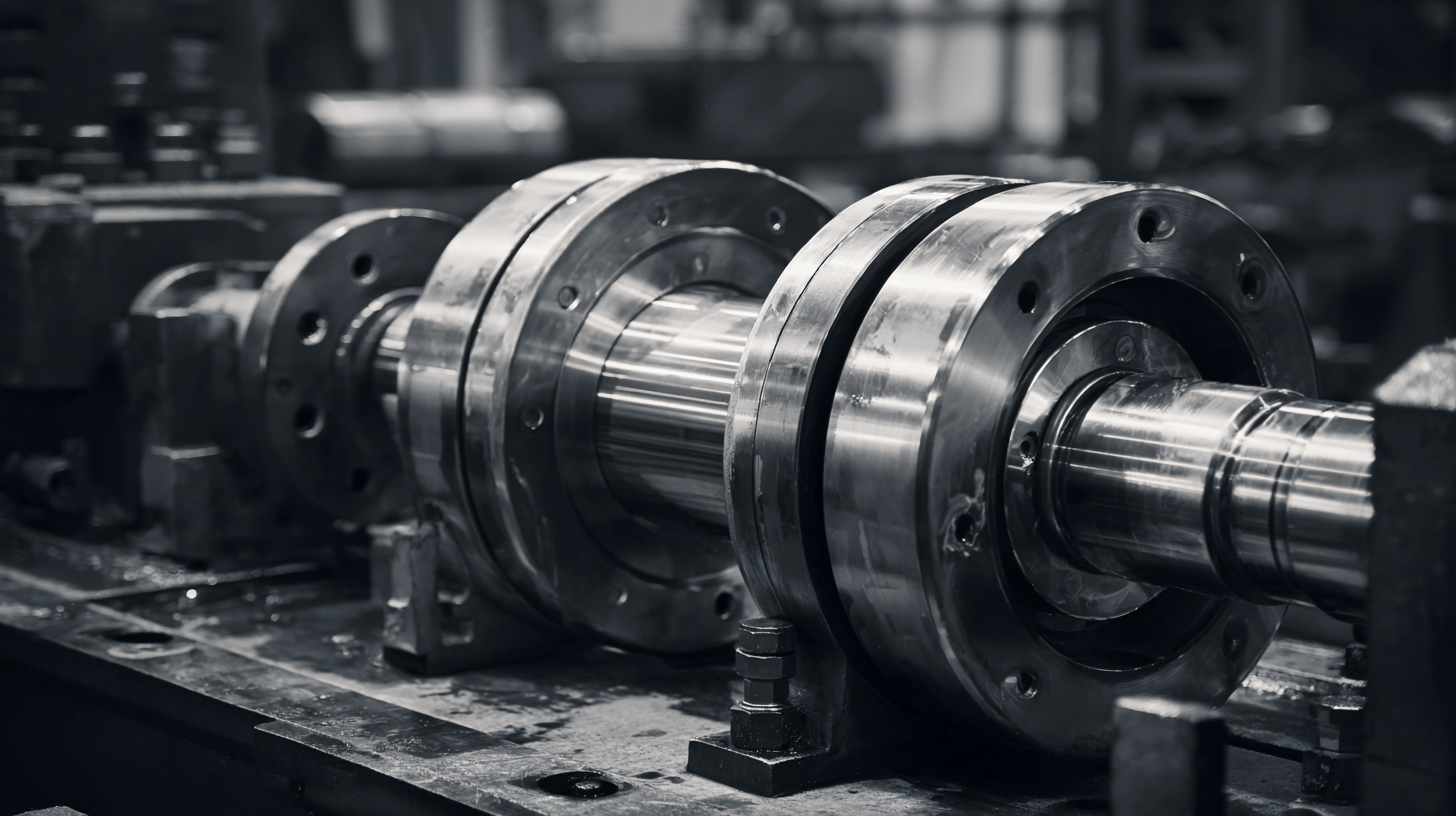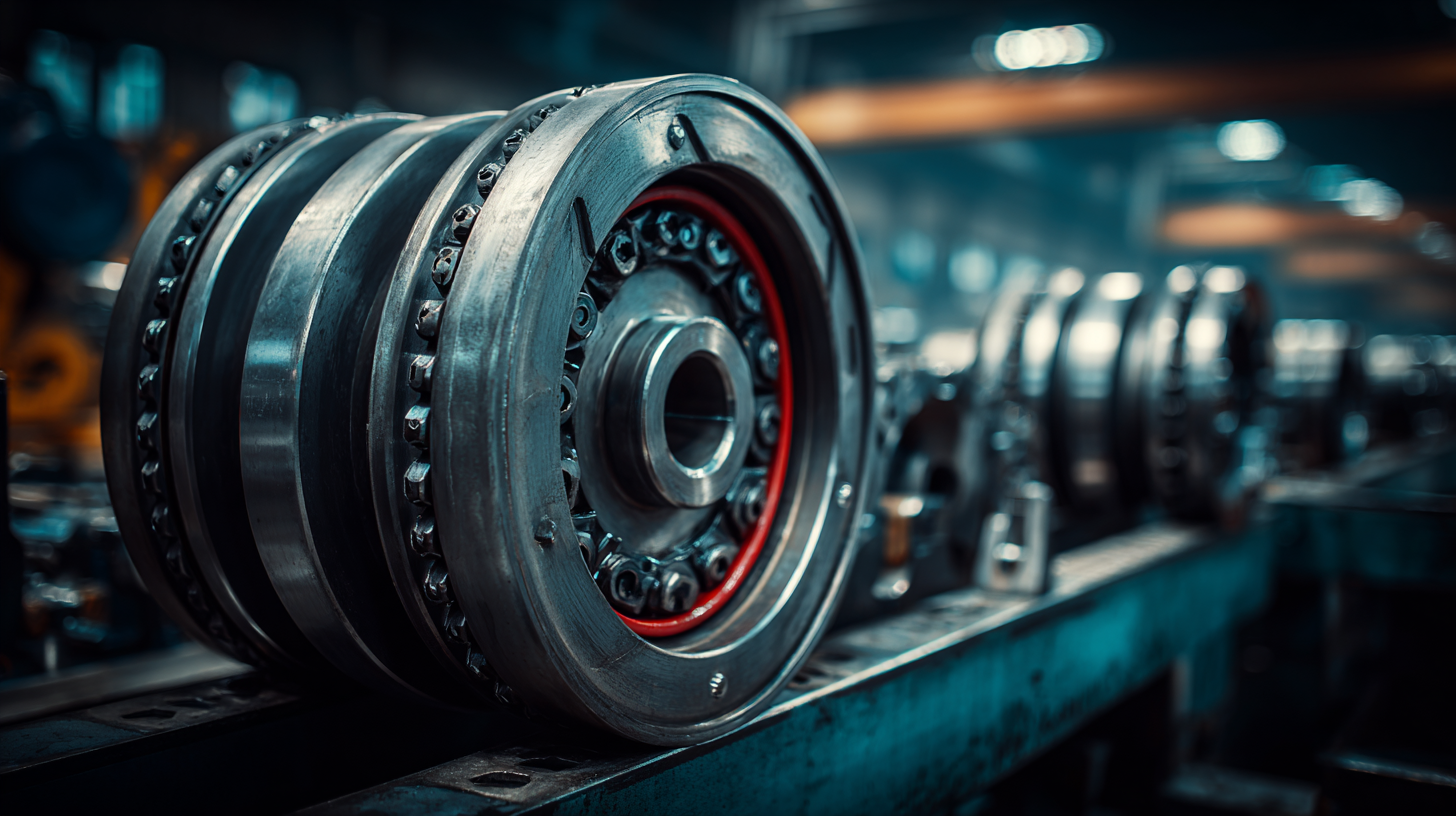In the competitive landscape of the Bearing Wheel Roller industry, understanding the nuances of import and export certifications is crucial for businesses aiming to thrive in global markets. Certifications not only ensure compliance with regulatory standards but also enhance product credibility and facilitate trade relationships. As companies explore alternatives to meet the diverse demands of international clients, they must navigate the complex maze of certification requirements. This blog delves into the various types of certifications available, their significance in the Bearing Wheel Roller sector, and how they can be leveraged to gain a competitive edge. By shedding light on these aspects, we aim to empower industry stakeholders with the knowledge to make informed decisions in their import and export activities.

In the highly competitive bearing wheel roller industry, import and export certifications play a crucial role in ensuring product quality, safety, and compliance with international standards. These certifications are often mandatory for manufacturers and suppliers aiming to penetrate global markets. They not only enhance the credibility of a business but also assure customers that the products meet rigorous quality requirements. Companies that adhere to these standards can avoid potential legal issues and costly recalls, thereby maintaining their reputation and customer trust.
Moreover, import and export certifications can significantly impact trade relations. Countries impose various regulations to protect their markets, which means businesses that lack proper certifications may face barriers to entry. In contrast, those with recognized credentials can streamline their operations and expand their reach. This is particularly important in an era where consumers are increasingly concerned about product authenticity and sustainability. By prioritizing these certifications, businesses not only enhance their export capabilities but also contribute to the overall integrity of the bearing wheel roller industry.
When navigating the global marketplace, understanding the key certifications required for importing and exporting bearing wheel rollers is crucial for manufacturers and distributors. These certifications not only ensure compliance with international trade regulations but also contribute to the overall quality and safety of the products. Notably, the ISO 9001 certification is essential, as it demonstrates a commitment to quality management systems, signaling to customers that the products meet precise standards.
Another significant certification is CE marking, particularly for markets in Europe. This certification indicates that the bearing wheel rollers comply with EU safety and environmental requirements. Additionally, certifications like ISO/TS 16949, which focuses on the automotive sector, are critical for companies that supply to automotive manufacturers. By acquiring these certifications, businesses can strengthen their credibility and open doors to new markets while ensuring their products meet regulatory demands.

Navigating the certification process for bearing wheel rollers can be intricate, but understanding the essential steps can significantly ease the journey. First, it’s crucial to familiarize yourself with the specific certifications required for your market, as these can vary based on location and application. For manufacturers, ensuring compliance with standards not only enhances product quality but also builds trust with customers. Proper documentation and a clear understanding of testing protocols are fundamental to meeting these regulatory demands.
Additionally, keeping up with the latest industry practices, such as the maintenance and servicing of wheel bearings, can inform the certification process. For instance, knowledge on servicing greased wheel ends and common mistakes in removing seized wheel bearings can reflect your commitment to quality and safety standards in your certification documentation. Implementing recommended practices not only helps in aligning with certification requirements but also ensures that products remain reliable throughout their lifecycle, fostering customer satisfaction and safety on the road.
In the bearing wheel roller industry, navigating the landscape of import and export certifications can pose significant challenges for businesses. One common issue is the complexity of regulatory requirements, which can vary greatly depending on the country of export. Companies often find themselves struggling to keep up with the evolving standards, leading to delays in shipping and potential financial penalties.
To overcome these hurdles, businesses should establish a comprehensive compliance strategy. Regular training sessions can ensure that employees are well-informed about the latest certification processes and requirements. Moreover, maintaining a detailed checklist for each certification can streamline preparation and minimize last-minute scrambles.
Additionally, fostering relationships with local regulatory bodies can provide valuable insights and support. Networking with peers in the industry can also uncover shared challenges and solutions. By collaborating, businesses can navigate certification compliance more effectively, ultimately leading to smoother operations and enhanced international trade success.

As the bearing wheel roller industry continues to expand globally, it's crucial to stay informed about import and export certifications that shape future trends. Recent industry reports indicate that the global bearings market is expected to grow from $92 billion in 2023 to $120 billion by 2030, underscoring the importance of regulatory compliance in international trade. The growing emphasis on sustainability and quality has led to the introduction of stricter certification requirements, ensuring that manufacturers meet international standards such as ISO 9001 and ISO 14001.
**Tips:** To stay ahead in the market, it's essential for companies to invest in acquiring relevant certifications that enhance credibility and reduce barriers to entry in foreign markets. Regularly updating knowledge on changing regulations can significantly streamline the export process and create competitive advantages.
Furthermore, digital transformation plays a vital role in the future of import and export certifications. Through platforms utilizing blockchain technology, manufacturers can ensure transparency in their compliance processes, which is increasingly demanded by consumers and regulators alike. By 2025, it is estimated that 80% of businesses will adopt digital certification verification systems, paving the way for more efficient supply chains in the bearing industry.
**Tips:** Engaging with industry consortia focused on digital certification can provide valuable insights and resources that help navigate this evolving landscape. Proactive adaptation to these trends will not only enhance operational efficiency but also position companies as leaders in the bearing wheel roller market.
This chart illustrates the trends in import and export certifications in the bearing wheel roller industry over the past five years. The bars represent the number of certifications issued each year.
